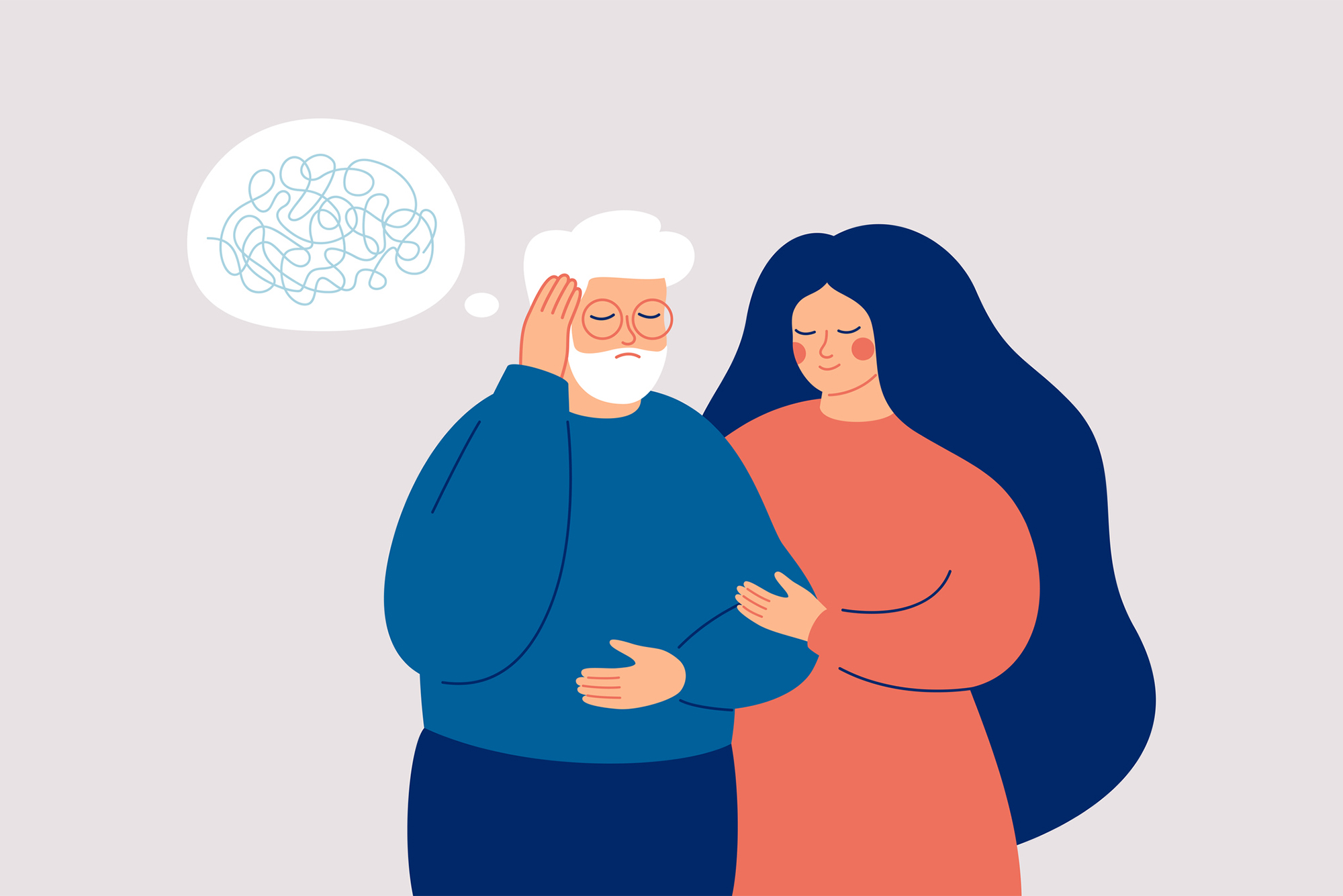Two Technologies That Can Make Diagnosing Dementia Easier for Doctors and Patients
 photo by iStock/Ponomariova_Maria
photo by iStock/Ponomariova_Maria
Every year, thousands of families are forced to grapple with a heart-wrenching realization—someone they love has dementia. In the United States alone, more than 5 million adults over the age of 65 live with dementia, and that number is projected to grow to 14 million by 2060. The most common form of dementia is Alzheimer’s disease, which is caused by changes in the brain that are currently irreversible.
With doctors expected to see an unprecedented number of dementia patients in the coming decades, Boston University researchers are developing new technologies to assist them in diagnosing, predicting, and monitoring cognitive changes.
Because dementia can cause symptoms that vary in different people—including problems with memory, speech and communication, healthy reasoning, and other cognitive impairments—diagnosing it is a challenge for doctors. Two studies—one that uses artificial intelligence to predict dementia onset, and another that uses at-home technology to track a patient’s progress—aim to help accurately diagnose a person’s cognitive decline. Knowing whether a person has dementia or a different condition that is treatable can help doctors care for patients as quickly and efficiently as possible.
Read more of this Brink story
View all posts